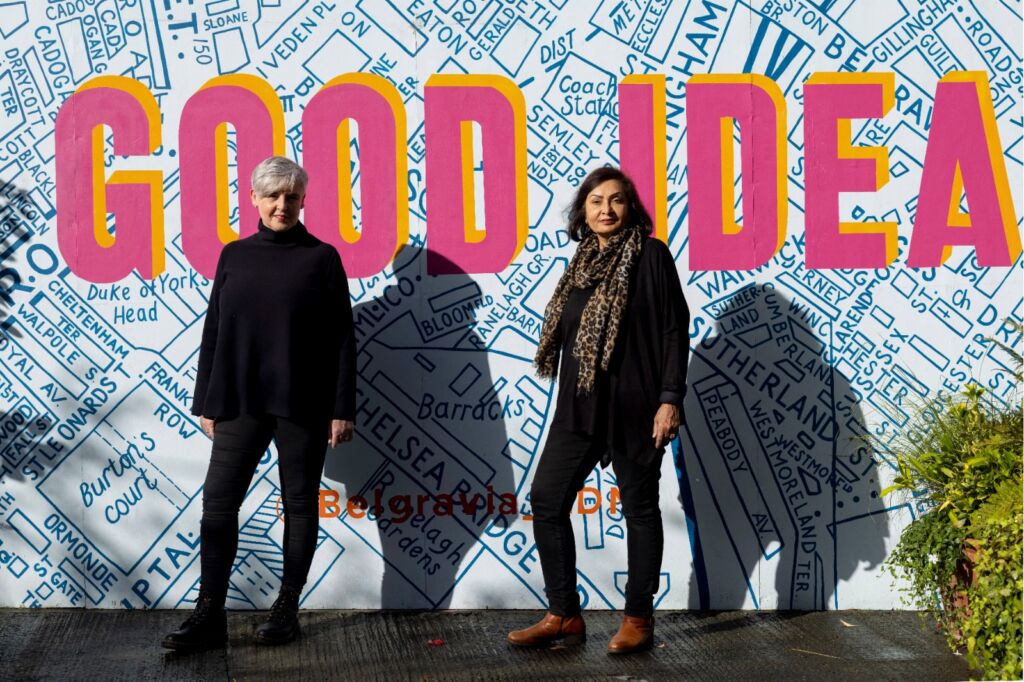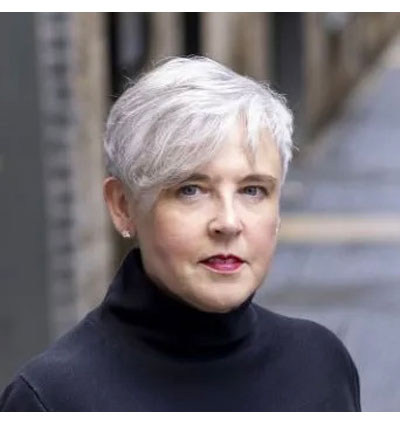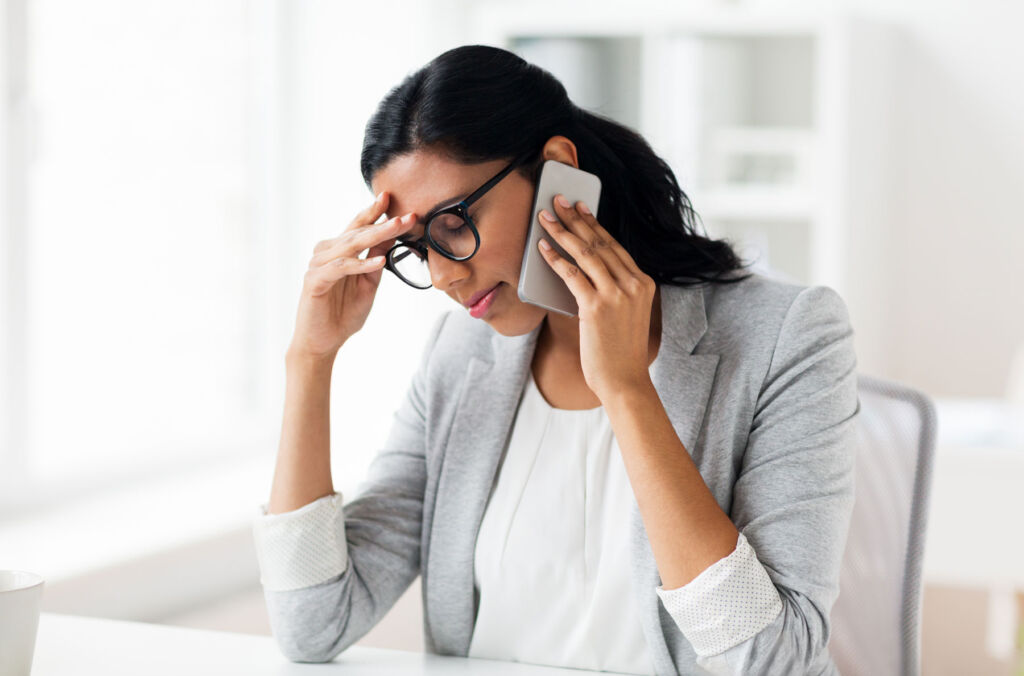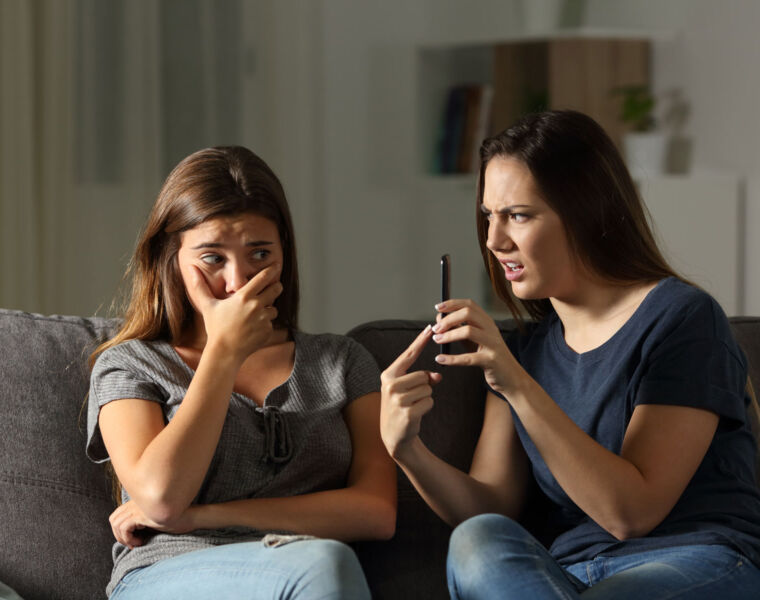
In the wake of this year’s shocking stories about sexual misconduct in the armed forces, NHS, parliament, police, McDonalds and more, two women have come together to develop a mobile app called SaferSpace that enables users, with just a few taps on their smartphone, to report unacceptable behaviour: sexual harassment, discrimination, racism, radicalisation… in the workplace or campus.
Addressing the pressing issue of sexual harassment, racism and discrimination within work and study spaces, Ruth Sparkes and Sunita Gordon have unveiled ‘SaferSpace’, a straightforward mobile app that could revolutionise the way we tackle these challenges.
In the wake of this year’s shocking stories about sexual misconduct in the armed forces, NHS, Parliament, McDonalds and more, Ruth and Sunita have combined their expertise to develop a unique app that provides employees and students a confidential channel to report instances of abuse, discrimination, or harassment in the workplace or study space.
Ruth first suffered sexual harassment when she was just 17 while training to be an air engineer in the Royal Navy.  She said, “There weren’t many females doing similar. I remember being overwhelmed by male attention.
She said, “There weren’t many females doing similar. I remember being overwhelmed by male attention.
There was the sexual jeering and wolf-whistling that was commonplace, and the fellas who wanted to take advantage at the end of the weekly disco.
“Looking back now, I realised that I modified my behaviour for self-preservation. I tried not to walk in front of large groups of men on my own; I would take a different route, and I always left the weekly social before the slow dances came on. My friends and I needed to get out before the drunk sailors tried to shove their tongues down our throats and push their groins onto our pelvises.”
The TUC found that almost three in five women (58%) have experienced harassment at work. For college and university students, this figure is higher. According to a survey by the NUS, 68% of students experience verbal or physical sexual harassment.
According to the Fawcett Society, 79% of women don’t report sexual harassment at work.
The top reasons for this is that victims aren’t sure what they’ve experienced is harassment. They don’t think they will be believed; they don’t know how to report harassment – processes are unwieldy. Or they are afraid they might lose their jobs.
Ruth, now an educational marketing & PR professional with a keen insight into the challenges faced by students and staff alike, said, “Things don’t feel like they’re getting better; it’s shocking to see the statistics and hear the stories. So we decided to try to make a change; we wanted to create something that not only gave victims a voice but also helped institutions foster safer environments. That’s where SaferSpace comes in.”
Sunita, a business professional, was compelled to act after witnessing friends and colleagues face injustices. “The business world isn’t immune to these issues,” she shared. “Ruth and I realised that by merging our backgrounds, we could create something truly impactful.”
The tool stands out for several reasons:
- Firstly, it offers anonymity, a crucial feature that allows users to share their experiences without the fear of repercussions. This is especially important in hierarchal institutions, such as the military, where power dynamics can often deter individuals from coming forward.
- Secondly, SaferSpace offers companies actionable insights. It provides HR departments with the data and tools they need to make real change. By understanding the extent and nature of the issues they face, organisations can develop more targeted and effective interventions – like additional training or disciplinary action.
- Thirdly, the pair have also worked with an AI chatbot engineer to create their own chatbot for users to ask questions and check whether something they’ve witnessed or experienced warrants a complaint.
Ruth Said, “The Worker Protection Bill passed in October creates a ‘preventative duty’ of sexual harassment in the workplace – meaning employers must create a culture of prevention. This means clear policies, training, and proper, impartial investigations into reported harassment, but there’s still a way to go.
“In time, I hope that when people apply for jobs, they will look for employers who have the SaferSpace logo on their websites.
“The response from early adopters has been positive. Several universities and corporate entities are in discussions to integrate SaferSpace into their operational frameworks, and we’ve had a couple of requests from the USA.”

Ruth added, “While developing SaferSpace, Sunita and I often reflected on our own experiences. It’s a stark reminder that this isn’t just a business endeavour for us; it’s deeply personal.”
As institutions and organisations worldwide grapple with the realities of the digital age, tools like SaferSpace will become increasingly indispensable. With its launch, Ruth and Sunita hope they’ve ignited a conversation, asking us all to reflect on the roles we play in making our spaces safer.
![]()




You must be logged in to post a comment.